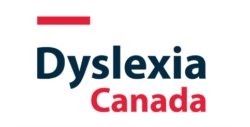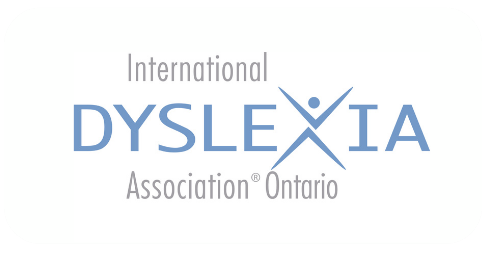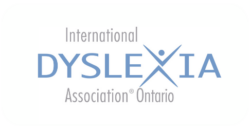Nellie Caruso has been a French Immersion teacher from 1999 to 2015 with the York Region District School Board and since 2015 with the Toronto District School Board. At her day job and through ONlit, she has not only provided structured literacy instruction in French but has also been instrumental in spreading knowledge, and enhancing teacher capabilities within her school and beyond. In addition to leading the Next STEPS in Literacy Instruction Book Study and collaborating with Leigh Fettes to lead the Teaching Skills for Complex Text Book Study, she is a member of ONlit’s Curriculum Assistance and content creation team and answers French Immersion teachers’ questions via an online form.
Nellie is a certified Acadience Reading Mentor. Universal screening has become a game-changer in Nellie’s approach to instruction and assessment, and she wants educators to know that it is possible to conduct screening starting in Kindergarten within French Immersion programs. Screening allows educators to determine who might be at risk and intervene as soon as possible to give these students the best chance at success. Her hope: “Screening in a French Immersion context means that fewer children will leave the program for the English stream, as universal screening can be used to assess risk and provide support right from the start.”
By identifying students’ strengths and skill gaps early on, educators can tailor their instruction to meet their specific needs. In the last year alone, the impact of universal screening has been profound, as evidenced by the remarkable progress of two of her students:
- Student A, a Grade 2 student, was flagged as high-risk at the beginning of the school year by universal screening using Acadience Reading Français, showing well-below-benchmark accuracy and reading rate. Using this data, Nellie conducted a diagnostic assessment to identify specific skill gaps. Despite strong work habits, the student’s struggles were revealed through screening. With explicit, systematic instruction, her accuracy improved from 30% to 93%, and her reading rate increased from 3 to 27 words per minute. Without the screening, Nellie might have mistakenly focused on reading rate over accuracy. Instead, the targeted approach based on screening results led to significant improvements in both areas.
- Another success story is that of Student B, a Grade 1 student. Initially, her screening data showed well-below-benchmark performance across all measures. However, through systematic phonics instruction, her progress was remarkable. From mid-year to year-end, her accuracy improved from 63% to 91%, her reading rate increased from 12 to 29 words per minute, and her nonsense word reading scores rose from 18 to 83 sounds and 3 to 20 whole words, all surpassing benchmarks.
Unlike teachers in regular English classes, French Immersion teachers must manage the added layer of students learning new content while simultaneously acquiring the language of instruction. Unlike most English-speaking students, most French Immersion students lack Tier 1 (common, everyday) vocabulary, presenting an additional hurdle, and an added layer to instruction. Moreover, French Immersion educators often have access to fewer resources and professional development opportunities in French.
Over the past several years, Nellie has actively worked to build her own knowledge by completing courses/certifications that assist her in supporting FI educators. She organized Lunch & Learns to promote the Science of Reading, developed tailored professional development sessions, facilitated informal literacy lunches, and provided training on screening techniques and data interpretation. Nellie also engaged with the parent community through school literacy nights and advocated for French Immersion education to enhance awareness and support.
For French Immersion teachers embarking on their journey with evidence-based structured literacy instruction, Nellie advises them to find a mentor well-versed in best practices and structured literacy early on in their journey and connect using resources like ONlit, IDA Ontario (notably French decoding and spelling course available on the Learning Portal). She advises educators to familiarize themselves with foundational frameworks such as the Simple View of Reading or Scarborough’s Rope, using these as guiding principles for instruction, assessment, and intervention. She also recommends Explicit Instruction by Anita L. Archer and Charles A. Hughes, and listening to the Reading Road Trip and Sold a Story for knowledge building and applicable insights. Her key suggestion is to set one specific goal for personal learning and growth, while also remembering that just because something has been taught, this does not mean it has been learned.
In recognition of Nellie’s incredible work leading structured literacy in French Immersion, she is the 2025 recipient of the Ontario Modern Languages Teachers Association’s Helen B. St. John award. Nominated by her colleagues, Nellie was recognized for her outstanding professional contribution and leadership.
Nellie Caruso’s efforts showcase the benefits of universal screening and structured literacy, equipping educators with the tools and insights needed to ensure every French Immersion student thrives.





